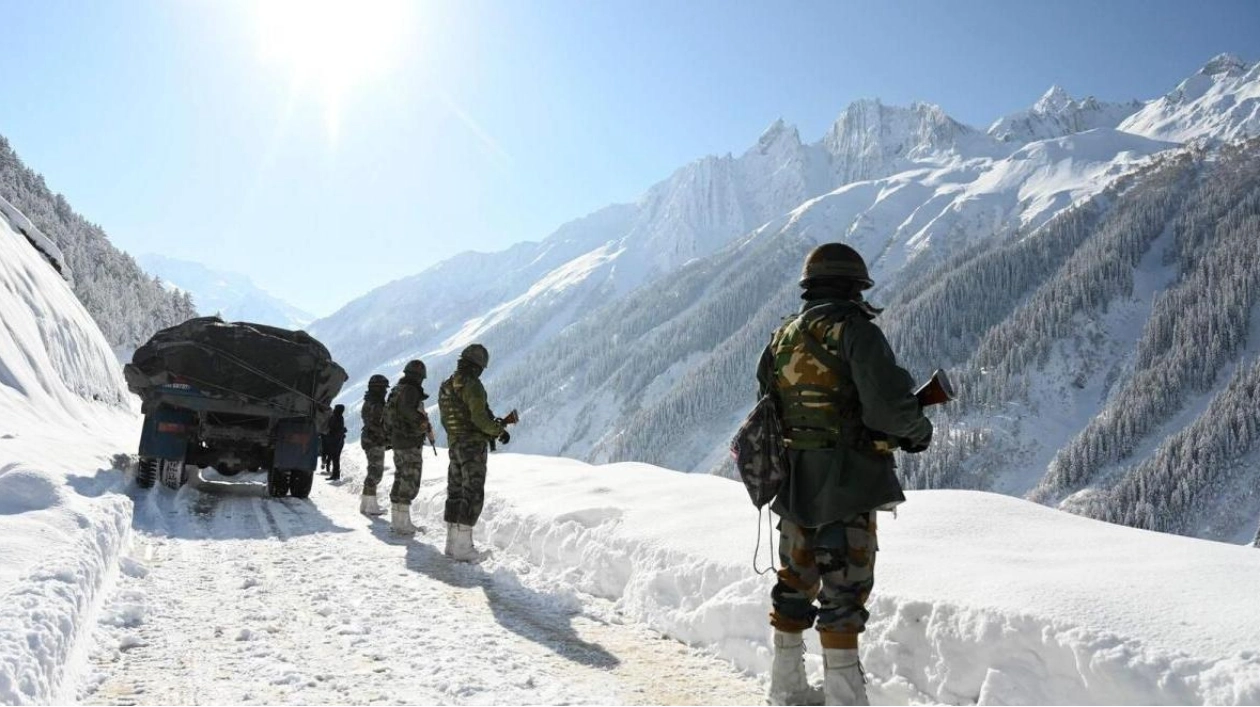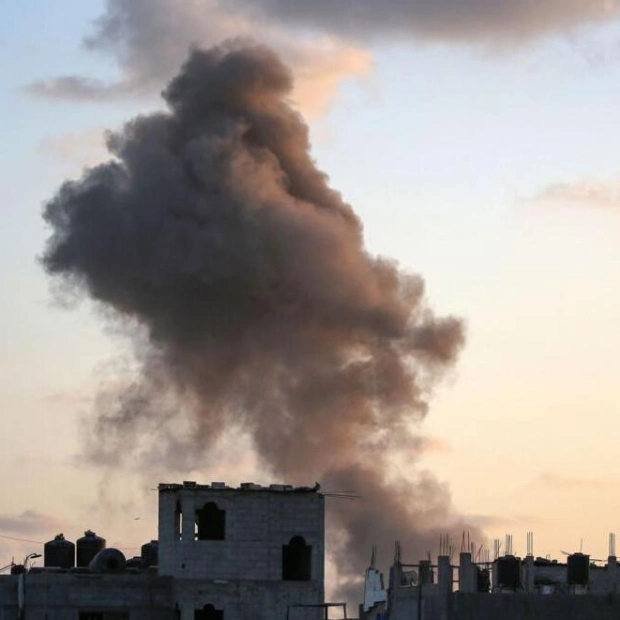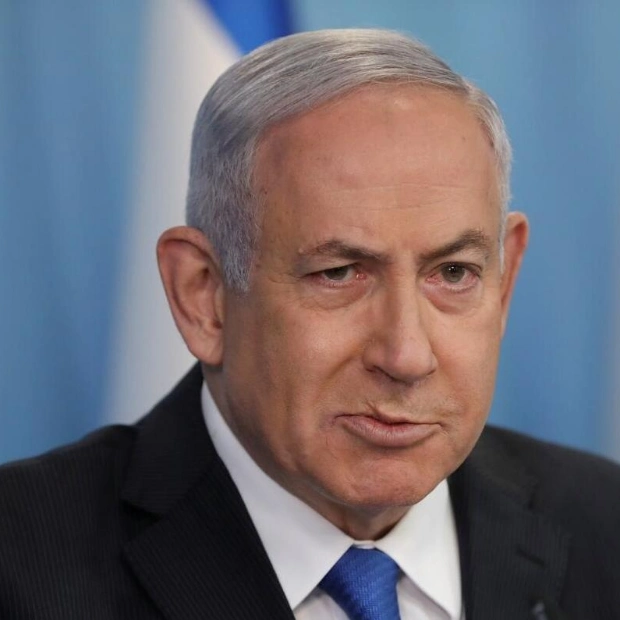Indian Army soldiers traverse a road near the Zojila mountain pass, which serves as a vital link between Srinagar and the union territory of Ladakh, situated along the border with China. AFP File Photo
India and China have finalized an agreement concerning the patrolling of their contentious Himalayan frontier, thereby resolving a four-year military stand-off, according to Foreign Secretary Vikram Misri. This development is expected to facilitate the normalization of political and commercial relations between the two nations. The announcement comes just before Indian Prime Minister Narendra Modi's scheduled visit to Russia for the BRICS regional summit from October 22 to 24, where he may engage in discussions with Chinese President Xi Jinping, as per Indian officials.
Diplomatic and military representatives from the nuclear-armed neighbors have conducted multiple rounds of negotiations over the past few weeks, as disclosed by Misri, India's top foreign ministry official. These discussions culminated in an agreement on "patrolling arrangements along the Line of Actual Control in the India-China border areas," Misri informed reporters during a briefing on Modi's Russia visit. This pact is anticipated to lead to the disengagement of troops from both nations in the remote mountainous region and assist in resolving issues that surfaced in 2020, Misri added.
The Chinese authorities have yet to respond to Misri's statements. Relations between the two countries have been tense since clashes along the largely undefined frontier resulted in the deaths of 20 Indian and four Chinese soldiers in 2020. Regarding the possibility of Modi and Xi holding talks this week, Misri stated that the prime minister's bilateral meetings at the BRICS summit in Kazan, Russia, are still in the planning stages.
Progress in talks over the past four years to end the stand-off has been slow, adversely affecting business ties between the world's two most populous nations. New Delhi has intensified scrutiny of investments by Chinese firms and halted significant projects. This month, India's army chief emphasized that New Delhi seeks to restore the frontier's status in the western Himalayas to its pre-April 2020 position, when the stand-off commenced, and warned that the situation would remain sensitive until this is achieved. General Upendra Dwivedi noted that both sides need to address challenging issues beyond those already tackled, emphasizing that "positive signalling" by diplomats necessitates military commanders to implement changes on the ground.
New Delhi has previously indicated that its stricter scrutiny of Chinese investments would ease if the border stand-off showed signs of resolution. Following the clashes, India's more rigorous vetting of all Chinese investments has effectively deterred billions of dollars from companies like carmakers BYD and Great Wall Motor, and increased bureaucratic hurdles in Indian firms' dealings with Chinese stakeholders. Despite this, Indian imports from China have surged by 56%, nearly doubling New Delhi's trade deficit with Beijing to $85 billion. China continues to be India's largest source of goods and was its top supplier of industrial products last year.
BRICS, initially comprising Brazil, Russia, India, and China, has since expanded to include South Africa, Egypt, Ethiopia, Iran, and the UAE.
Source link: https://www.khaleejtimes.com






